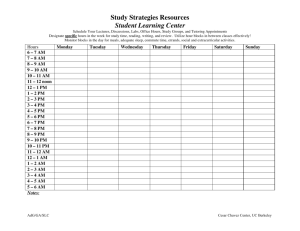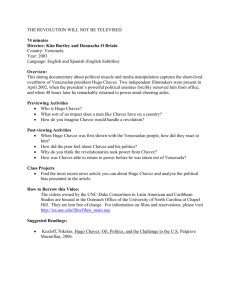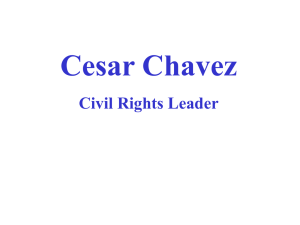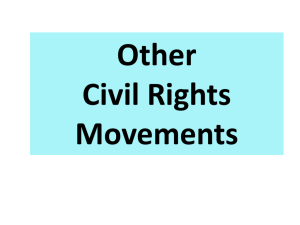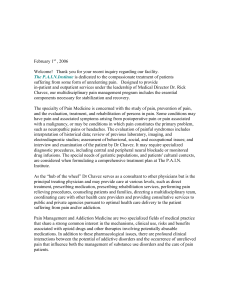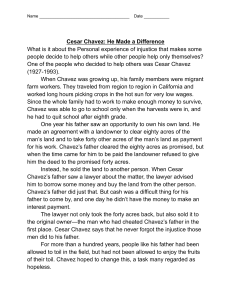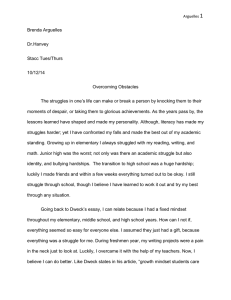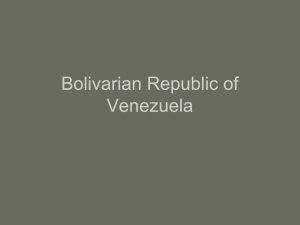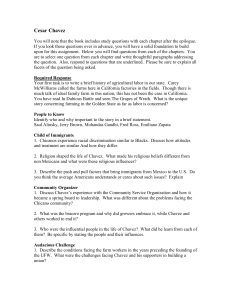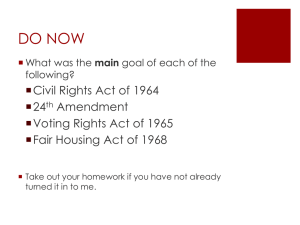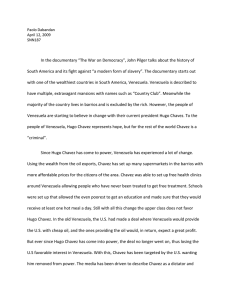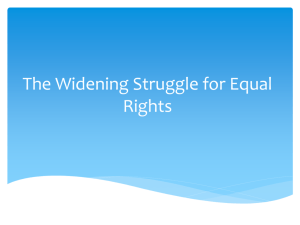Chapter 14(B) The Expanding Struggle for Equal
advertisement
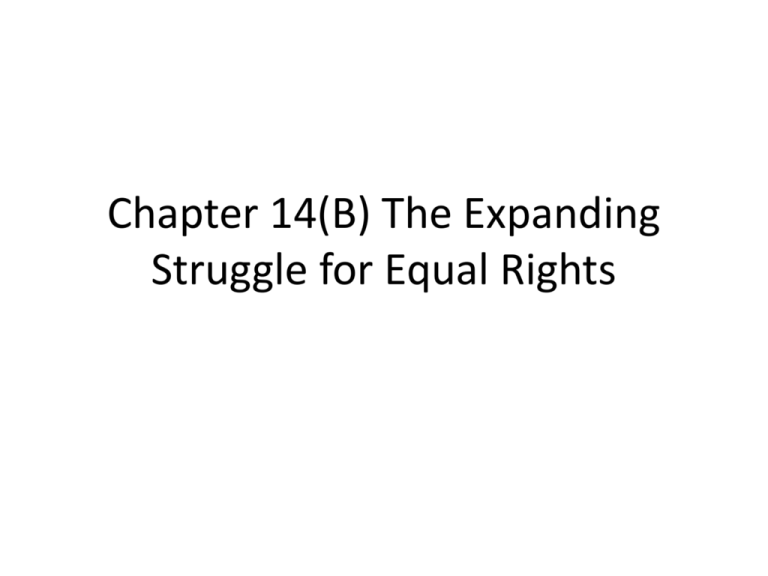
Chapter 14(B) The Expanding Struggle for Equal Rights Civil Rights to Black Power • By 1966, the term “Black Power” had become a rallying cry for no more than 15 % • Beginning w/ Watts, the major race riots of 1965 & 1966 occurred largely outside the South • Malcolm X told blacks they should be proud of their race and started the term African American Malcolm X Martin Luther King Jr. • This lead MLK to decide to emphasize the need for economic uplift for the black urban poor. • This is what MLK was working on when he was assassinated in 1968 Rebellious Youths: the New Left • Tom Hayden and the Students for a Democratic Society (SDS) • Mario Savio and the free-speech movement • The Yippies & the 1968 Democratic Convention in Chicago • The Upset Middle-Class Rebellious Youths: the Counterculture • They were direct descendants of the beats of the 1950s • Harvard professor Timothy Leary: “Tune in, Turn on, drop out.” • Long hair, jeans, tie-dyed shirts, sandals, drugs, rock, Asian mysticism, communes • The Hippie movement ultimately succumbed to commercialism Feminism • 1963 Betty Friedan’s The Feminine Mystique: explained the unhappiness of many middle-class women • 1966 the National Organization for Women (NOW) • 1972 Title IX • 1973 Roe v. Wade • 1982 Equal Rights Amendment (ERA) fails The Sexual Revolution • The most important factor behind the sexual revolution of the 1960s was the development of birth-control pills • Therefore, society became more tolerant of premarital sex and women became more sexually active. Hispanic Rights & Cesar Chavez • The Bracero Program ends in 1964 • Chavez had been a migrant laborer • In 1962, Chavez starts to United Farm Works • UFW used boycotts to pressure grape growers • Chavez was committed to nonviolent tactics • 1975 CA legislature passes bill requiring growers to bargain collectively with farm workers Native American Rights Inside Wounded Knee 1973 • Native Americans had the highest percentage of poverty in America • In 1963, The American Indian Movement began • 200 Sioux occupied Wounded Knee in 1973 • Indian activists discovered that their most effective tactic for change was taking legal action to force the government to adhere to old treaties Gay Rights • In its earliest years, the gay rights movement emphasized the importance of gays “coming out” • By 1973 there were 800 gay organizations • But the conservative moralists and Christian Fundamentalists fought back and by the end of the 1970s it had lost momentum The Chicano Movement • Hector Perez- worked for Mexican American Rights in Texas • Dolores Huerta- worked w/ Chavez and went on to work for women’s rights and received the Medal of Freedom in 2012. • These court case made gave equal rights to Mexican Americans • Mendez v. Westminster ISD • Delgado v. Bastrop ISD • Hernandez v. Texas • White v. Regester • Edgewood ISD v. Kirby
